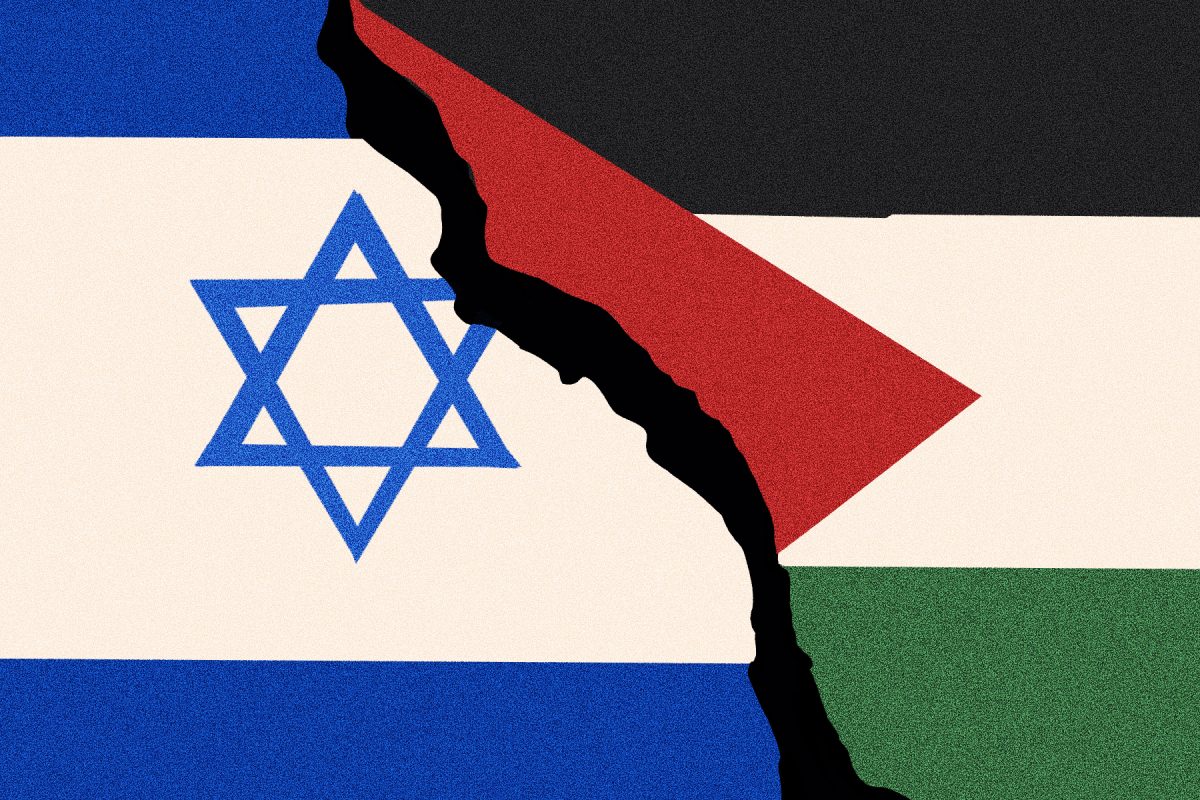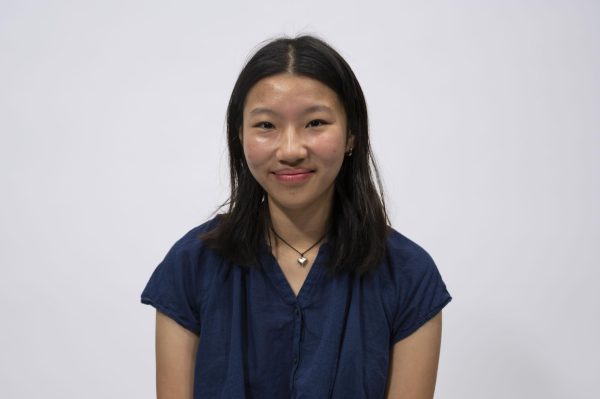Following the Oct. 7 attacks, I was struck not only by the barbarity of the violence, but by the irreconcilable positions that many of my student peers chose to endorse. After reading the now infamous Harvard-Harris poll — conducted 11 days after the attack — I was shocked to learn that a slight majority, about 49% to 51%, but a majority nonetheless, of 18-24 year olds believed that “Hamas’ killing of 1,200 Israeli civilians can be justified by the grievances of the Palestinians.” It quickly became clear that this conflict would function as a litmus test to determine both the decency of people’s beliefs and their ability to stay morally consistent.
Too many have subscribed to the ill-founded notion that multiple things cannot be true all at once, yet to believe this is to uphold partisanship over nuance and prioritize comfort over reality. It can certainly both be true that Hamas’ recent attacks on Israeli civilians are abhorrent and that Israel’s far-right government has been responsible for illegal — and above all, immoral — forced ethnic displacements throughout the West Bank. It can also be true that protestors praising the Oct. 7 attacks on the far-left of the American political spectrum do not represent the voices of all who call themselves Democrats, just as it can be true that conservative politicians who have called for the deportation of all Palestinian immigrants and their supporters do not represent all those who label themselves Republicans.
To acknowledge these facts need not mean an acceptance of bothsidesism, in which one attempts to place equal blame on two parties even though there might be an actor who is obviously more at fault than the other, but instead means to be partisan only to the truth. Serious conversations should be held about the responsibility Israel has for providing basic necessities to civilians fleeing violence in Gaza, about the duty the Palestinian government has to protect its citizens and about the role that universities should play in the public discourse. However, it is farcical to believe that all of us students are sufficiently informed to have the correct answers to all of these questions.
Universities should be places that nurture intellectual honesty, compel moral introspection and equip us with the necessary tools to seriously grapple with these most difficult questions. Anyone serious about learning and providing their opinion on this topic should attend the College of Social Sciences & Humanities’ “Crisis Conversations on Israel and Gaza” and participate in the exchange of honest dialogue with the sole aim to examine all sides of the conflict. The worrying uptick in the number of hate crimes within the last month is reason enough for a renunciation of our incessant need to have a strong opinion on every issue regardless of how much we know on the topic and to further emphasize the importance of constructive discourse.
Acknowledging that much of our relentless one-sided support is not based in reason nor truth, but is often- times fueled by anger, might help us realize that we have more in common with those we disagree with than we might have originally thought. Even Israelis and Palestinians share the belief that their current forms of government are wholly inadequate to represent them: A mere 21% of Israeli respondents expressed confidence in Prime Minister Netanyahu’s government following the Oct. 7 attacks while just 29% of Palestinians placed their trust in the Hamas-led Gaza government in prior years. The gloomy reality is that this war is being led by mandateless leaders on both sides, is fueled by fanatical factions and has and will continue to be paid for with the blood of innocent civilians.
Neither those who support Israel nor those who support Palestine will get everything they want from a future resolution, and both sides will continue to denounce each other as enemies for years to come. But we mustn’t forget that as students, our role first and foremost is to be properly informed. Nor should we cease to remember that it is only with our enemies with whom we ultimately broker peace.
Jack Masliah is a third-year political science and philosophy major. He can be reached at masliahlitchi.j@northeastern.edu
























